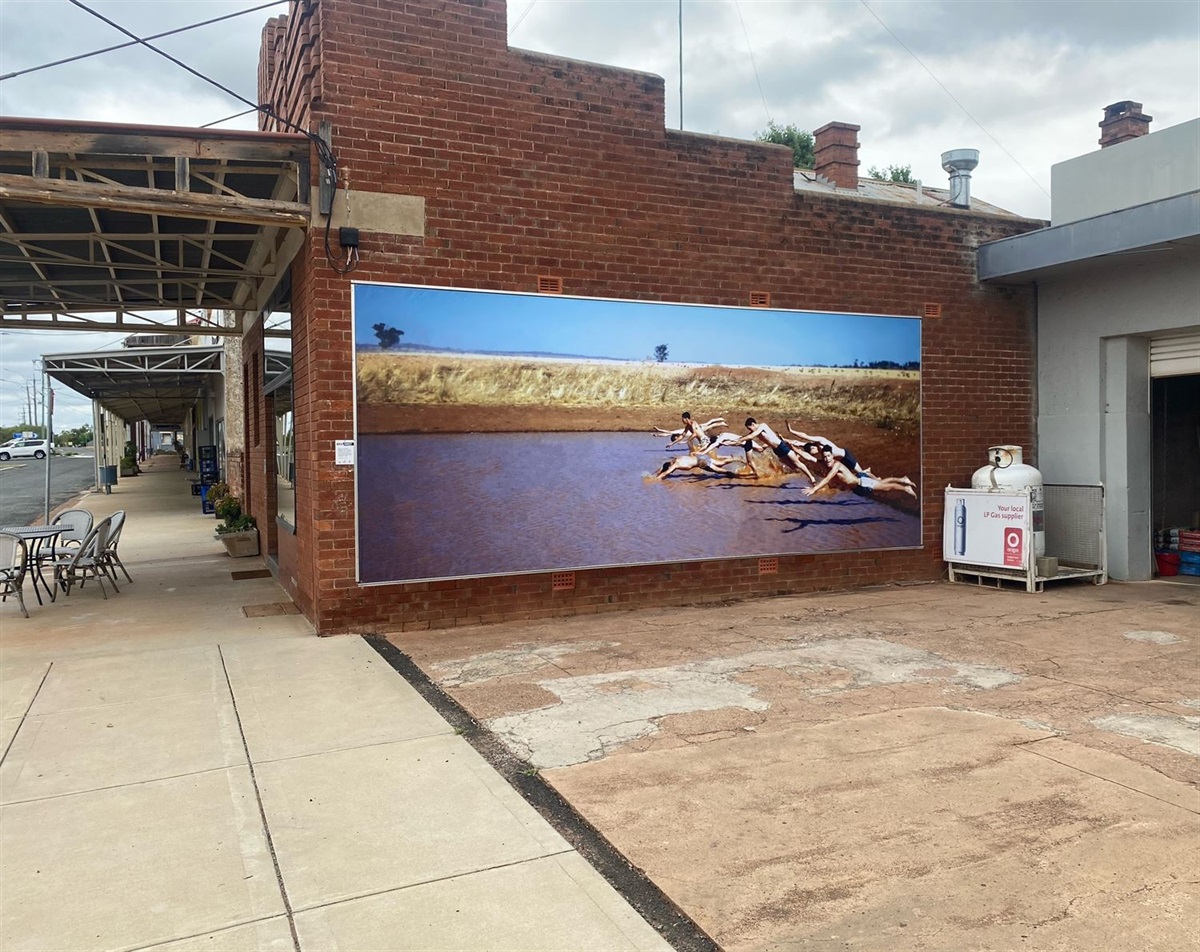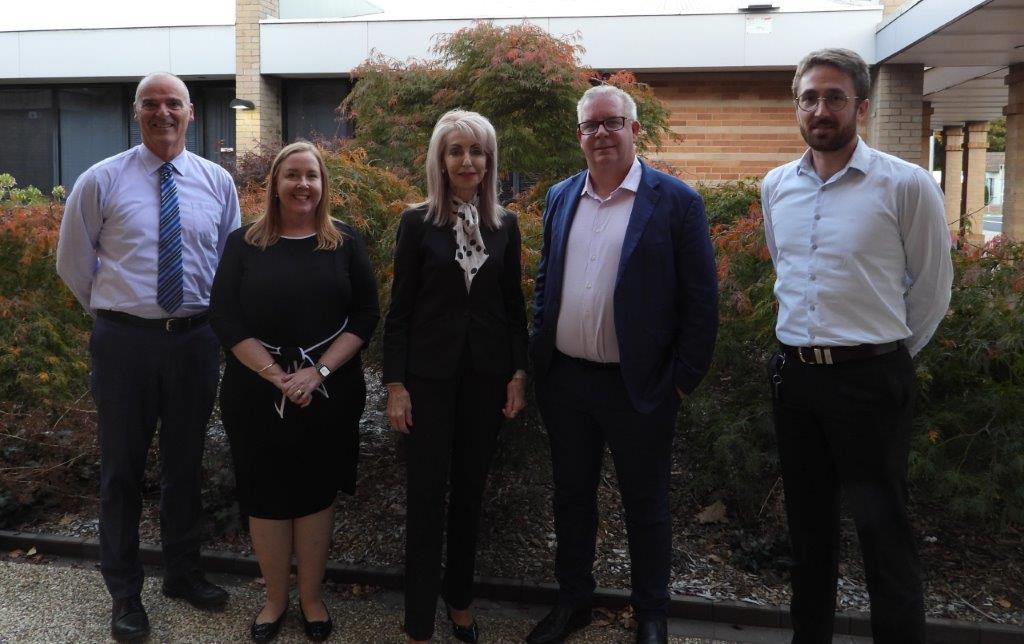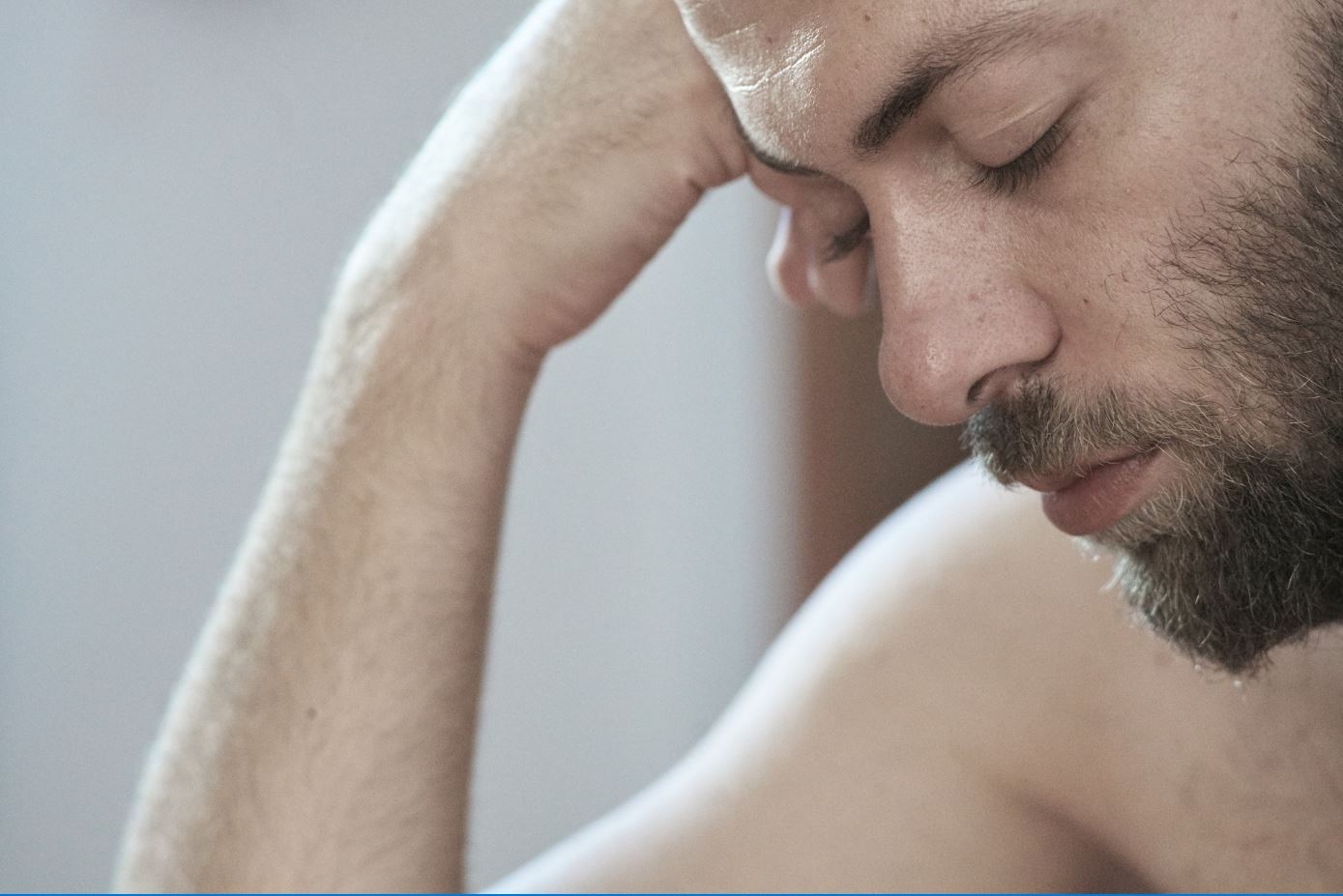
Experts are working on a way to make dental appliances more effective in reducing the effects of sleep apnea and snoring.
Led by Flinders University, Australian sleep health researchers have combined the results of standard testing for obstructive sleep apnea with clinical data to create virtual individual patient models to predict whether the dental mouthpiece suits the person.
With sleep apnea affecting more than 1 billion people globally, effective and affordable treatments are required to reduce the long-term side-effects including higher diabetes risk, obesity, heart disease, relationship problems and mental illnesses.
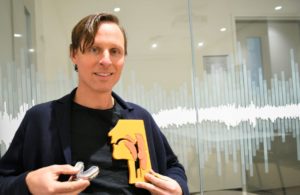
“An accurate model that takes into account the different causes of sleep apnea to match therapy to each person should produce much better results from a dental appliance, particularly when CPAP or other treatments aren’t appropriate or preferred,” says lead author of the study, Flinders University Professor Danny Eckert, an honorary Principal Research Scientist at Neuroscience Research Australia (NeuRA).
“A major clinical challenge with dental appliance or mandibular advancement therapy is the inability to accurately predict who will respond. At present it is a toss of the coin.”
Professor Eckert, director of the Adelaide Institute for Sleep Health at Flinders University, collaborated with NeuRA and CSIRO Data61 experts in NSW to outline the approach in a new article published in the Journal of Clinical Sleep Medicine.
The research team studied the new technique in 62 people (men and woman aged 29-71) who completed standard overnight sleep studies before and after treatment.
The sleep study data, plus the age and body mass index.of participants, was used in a machine learning-based model to predict the treatment response of the dental appliance to reduce the severity of sleep apnea.
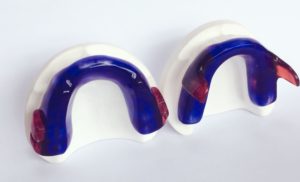
Depending on the clinical definition of treatment success used, the modelling successfully predicted the treatment outcome in about 60%-100% of cases – a very promising sign, researchers say, recommending further evaluation in larger clinical datasets.
Development of a physiological-based model that uses standard polysomnography and clinical data to predict oral appliance treatment outcomes in obstructive sleep apnea (2021) by Ritaban Dutta (Data61 CSIRO), Benjamin K Tong – Neuroscience Research Australia (NeuRA) – and Danny J Eckert (Flinders University) has been published in the Journal of Clinical Sleep Medicine DOI: 10.5664/jcsm.9742
Declarations: This study was funded by a Cooperative Research Centre Project Grant Targeted therapy for sleep apnea: A novel personalized approach – a joint Australian Government, academia and industry collaboration (with Oventus Medical). Prof Danny Eckert is supported by a National Health and Medical Research Council of Australia Senior Research Fellowship (1116942) and an Investigator Grant (1196261).
Note: Outside the submitted work, Prof Eckert has received grants and serves as a consult for Bayer and grants and serves on the advisory board for Apnimed. The other authors do not have any conflicts of interest to disclose.



